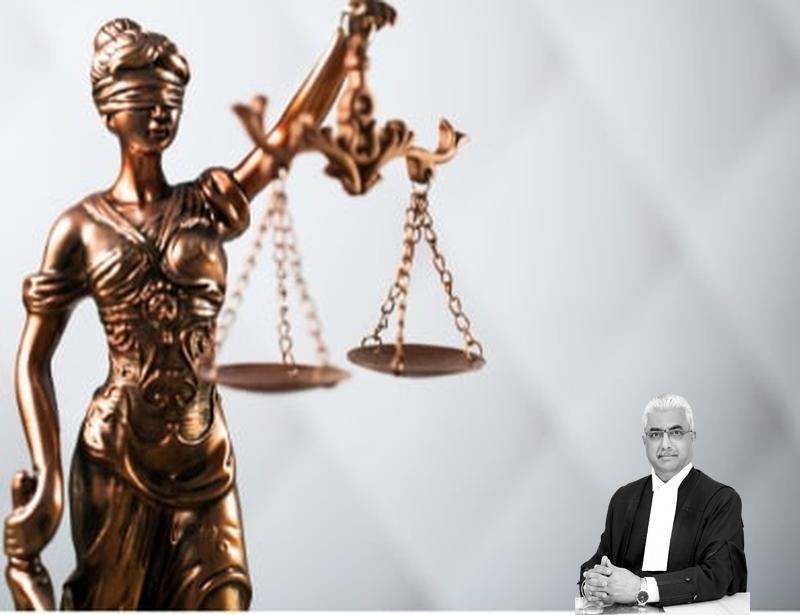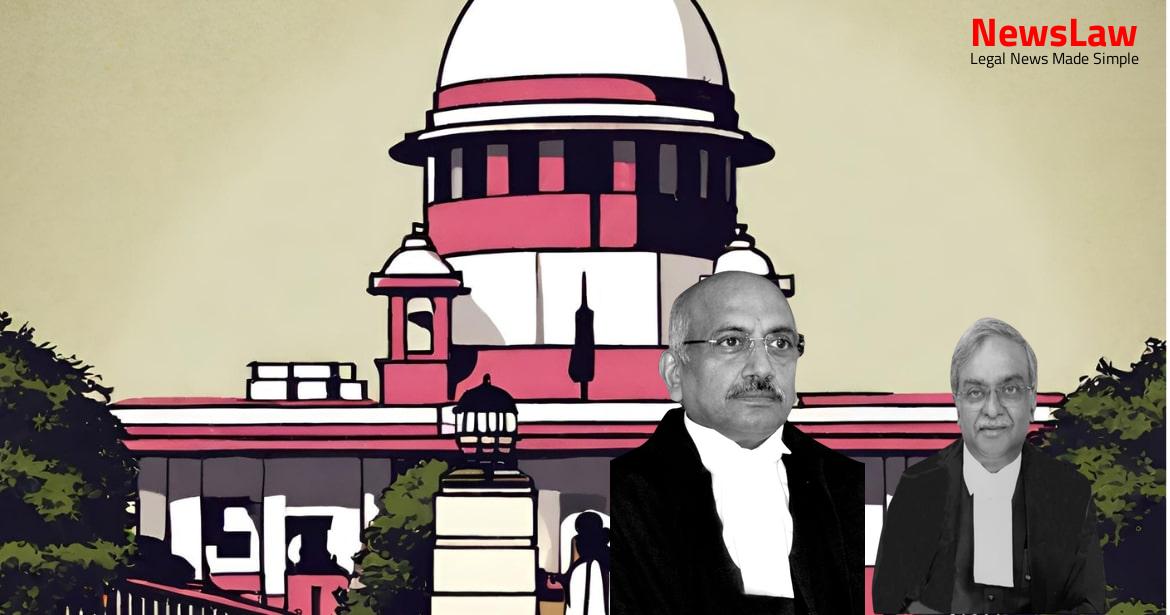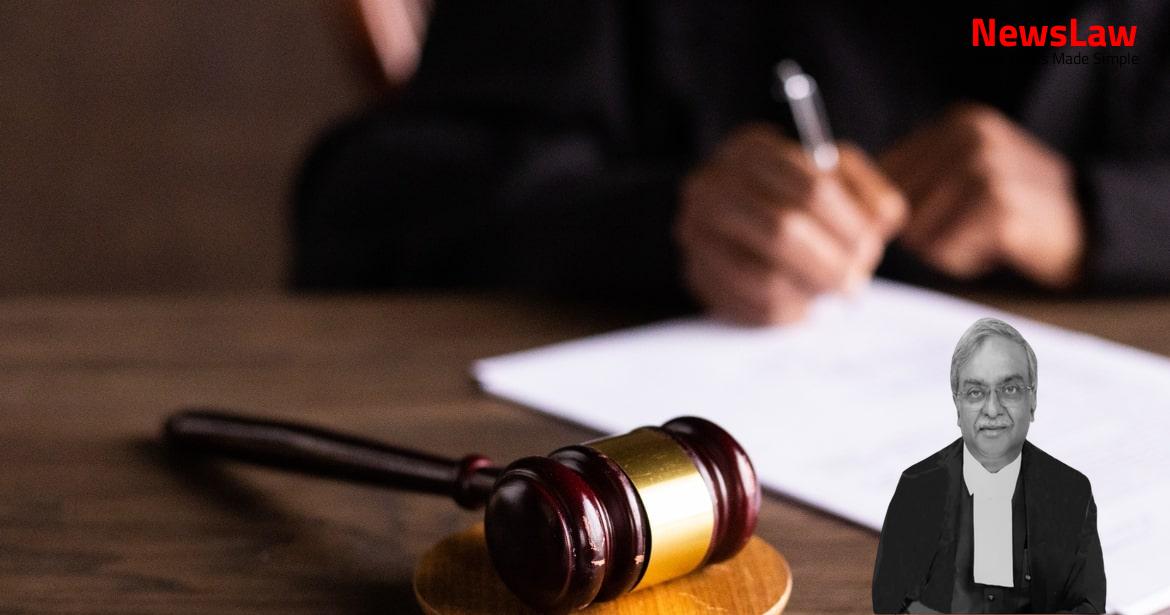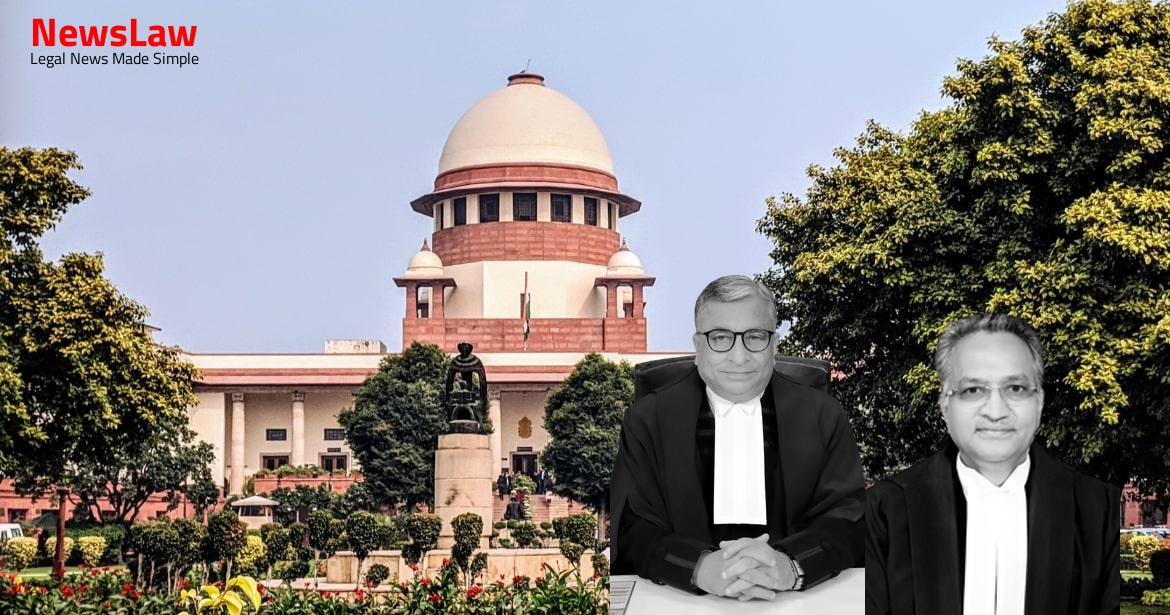The dispute between the appellant and Union of India (hereafter ‘respondent-state’) arose from a contract entered into pursuant to being awarded the tender. Partly allowing the appeal, the High Court disapproved the reasoning in the award on Claim No 6; it held that the sum of 3 lakhs awarded towards compensation for loss caused due to non-issue of tender document and paralysing business could not have been granted. Pointing to pre-amended Section 31(7)(b) of the 1996 Act, it was contended that the High Court erred in reducing the ‘statutory interest rate’; this provision prescribed that in the event the Arbitrator did not give any specific directions as regards rate of interest on amount awarded, such amount ‘ shall ’ carry interest of 18% per annum.
Also Read: https://newslaw.in/supreme-court/legal-analysis-of-claim-for-loss-of-profit-in-delayed-contract/
Roy to argue that when the agreement between the parties does not prohibit grant of interest and where the party claims interest in the dispute referred to an arbitrator, then the arbitrator does have the power to award interest pendente lite. It was asserted that even the counsel for the appellants at the time, before the High Court, had agreed that the statutory rate of interest should be 1 or 2% higher or lower than the bank rate, which in the last decade has been about 7-8%.
State of Kerala wherein the contract did not stipulate a rate of interest, and 18% awarded by the tribunal was held to be excessive and therefore, reduced to 8% simple interest by this court; and similarly Post Graduate Institute of Medical Education and Research, Chandigarh v. (b) A sum directed to be paid by an arbitral award shall, unless the award otherwise directs, carry interest at the rate of eighteen per centum per annum from the date of the award to the date of payment.” (emphasis provided) 12.
Therefore, the provisions of Arbitration Act, 1940 including the State amendment, namely, 7 para 7-A inserted by Section 24 of the U.P. Since the rate of interest granted by the arbitrator is in accordance with Section 31(7)(b) of the 1996 Act, the High Court and the District Judge were not justified in reducing the rate of interest by following the U.P.
The reliance on Kalsi Construction Company (supra) by the respondent- state, is inapt, given that this court had exercised its Article 142 jurisdiction in light of three pertinent factors – the award had been passed 20 years prior, related to construction of a Paediatrics Centre in a medical institute, and that the parties in that case had left the matter to the discretion of the court. The limited and extremely circumscribed jurisdiction of the court under Section 34 of the Act, permits the court to interfere with an award, sans the grounds of patent illegality, i.e., that “illegality must go to the root of the matter and cannot be of a trivial nature” ; and that the tribunal “must decide in accordance with the terms of the contract, but if an arbitrator construes a term of the contract in a reasonable manner, it will not mean that the award can be set aside on this ground”
[ref: Associate Builders (supra)].
Ghanshyam Das Damani, (2018) 11 SCC 328 : (2018) 5 SCC (Civ) 106], [Dakshin Haryana Bijli Vitran Nigam Ltd.
In view of the foregoing discussion, the impugned judgment warrants interference and is hereby set aside to the extent of modification of rate of interest for past, pendente lite and future interest.
RAVINDRA BHAT]
Case Title: M/S LARSEN AIR CONDITIONING AND REFRIGERATION COMPANY Vs. UNION OF INDIA (2023 INSC 708)
Case Number: C.A. No.-003798-003798 / 2023



